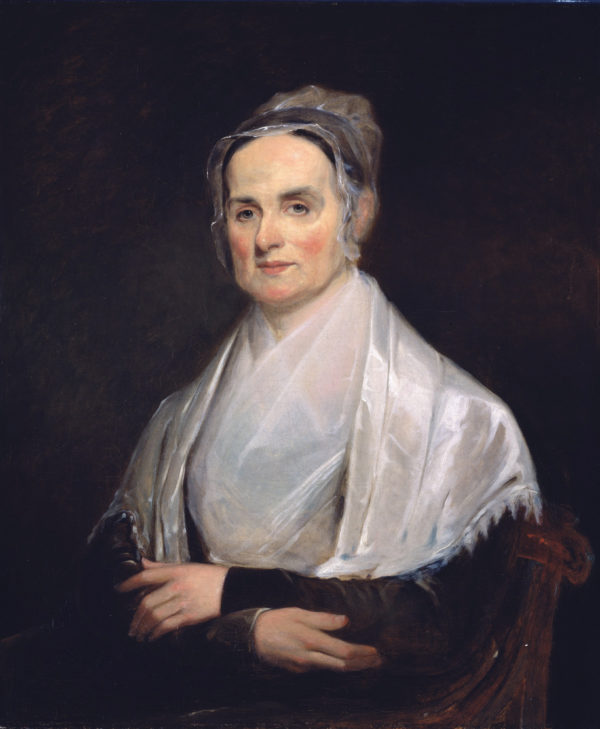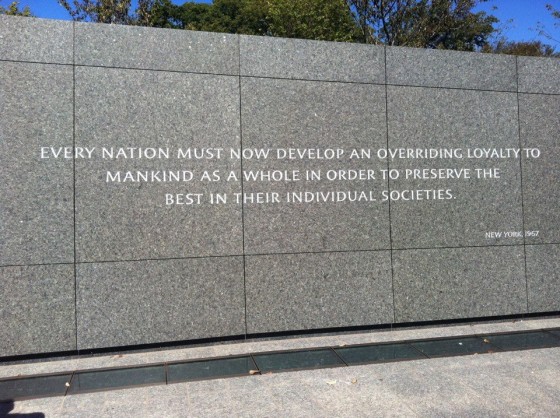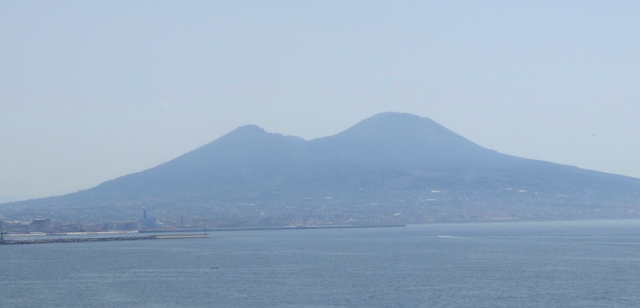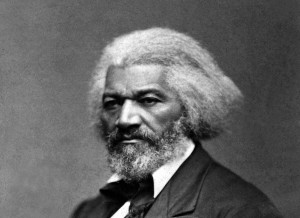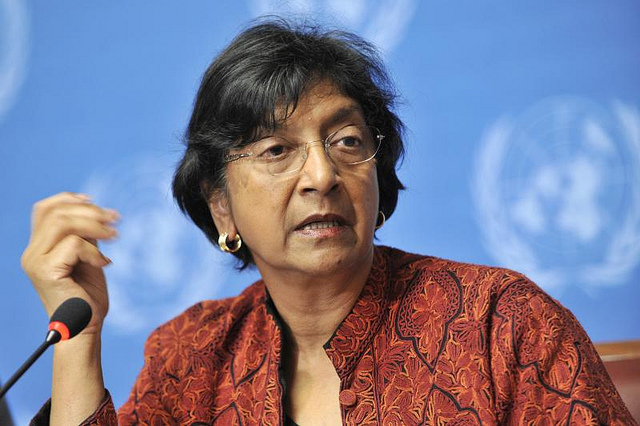foreignness
Much of what is published on this site relates directly to the question of foreigness: or thinking of people as being "foreigners". Because of its pervasiveness it is important to challenge the assumption that it is OK to treat non-citizens differently - that they are somehow less entitled to human rights. Many articles explore how we unconsciously think in this way.
-
We have to bring the world together and learn to live as one
Sometimes our musicians capture in few words ideas at the heart of human rights. This article is dedicated to the song “United”, which was produced by a group of musicians “Playing for Change”. They wrote the song in cooperation with 7 billion actions, bringing together musicians from around the world. Where some might see the figure of 7 billion as a cause of alarm, these musicians see 7 billion human hearts. As 7 Billion Actions say on their webpage: 7 Billion Actions is connecting people and creating positive change through the universal language of music. Music has the power to break down boundaries between people. Music transcends geographical, political, economic, spiritual and ideological distances, uniting people…
-
Equal Pay for Equal Work
Everyone, without discrimination, has the right to equal pay for equal work. Universal Declaration of Human Rights, article 23(4) This idea is hard to argue with. It appeals to our sense of fairness. It appears in the Universal Declaration of Human Rights and in other human rights treaties, as well as in international labour conventions. Its history and elaboration is an achievement of the women’s movement. The principle is not however limited to gender inequality. Like other human rights principles, its realisation is a work in progress. Country after country has entrenched the principle of equal pay for equal work in national laws. Yet on a global scale, equal pay for equal…
-
How old is the idea of abolishing foreignness?
Today it is entirely natural to think that every person in the world is endowed with certain rights, ones that transcend foreignness and apply absolutely universally. We call these “human rights,” and we take them entirely for granted: We believe earnestly that everyone is indiscriminately entitled to them at birth, that we must safeguard them at almost all costs, and that anyone who violates them must be put to justice. Such a line of thinking is so dominant—perhaps even culturally hegemonic, though in a good way, if that is possible—that we may even tend to assume that this has always been true, that is, everyone has always had such rights,…
-
The Duty of Kindness and Sympathy Towards Strangers and Foreigners
It is hardest to write of those things about which we feel most deeply. Today I wish to write about someone whose words and life have profoundly influenced and inspired me. That person is Abdu’l Baha: the son of the founder of the Baha’i Faith and its leader from 1892 to 1921. I wish to address particularly what Abdu’l Baha had to say about the issue of ‘foreignness’. One hundred years ago, on 16 and 17 October 1911, he gave his first recorded talk to the people of Paris. The theme of his talk was “the duty of kindness and sympathy towards strangers and foreigners”. What did Abdu’l Baha see…
-
Is ethnic nationalism a surrogate religion?
The notion of foreignness relies on a separation of ‘us’ and ‘them,’ and today’s world, it is often ethnicity and nation—two terms that are related but not necessarily coterminous—that create that us-them dichotomy. It is crucial to realize, however, that the ideas of ethnicity and nation are hardly timeless. We tend to cherish our so-called ethnic or national identities as if they are embedded in our DNA, and while there is of course nothing necessarily wrong about doing so, it is also essential to bear in mind that far from being natural, ethnic or national identities are socially constructed—and, what’s more, only socially constructed very recently. In order to understand…
-
The borders of virtue and power
Closing borders: to refugees, to undocumented migrants, raises questions of virtue and questions of power. The public debate around borders is so fractured, so superficial, so bedevilled with assumption and ritual conflict that it conveys little new meaning. It simply reiterates the existence of a continuing contest – a contest that often is more about power than rights. In this contest we see progressively increasing brutality and violence. Resort to force, implicit or explicit, is the modern day tool of choice underpinning this public debate. Whether in the sophisticated armory and defenses of international borders or the increasing instances of riot of those who assert their freedom. The tiny island of Lampedusa saw such an example this…
-
Would you have me argue that all human beings are equal?
Frederick Douglass was a remarkable worker for human rights. Although he lived more than a century ago, his thoughts remain pressingly relevant. He began life as a slave, but winning his own freedom, he fought not only for abolition of slavery but also gave his support to other human rights causes, such as the emancipation of women. Born in 1818 in Talbot County, Maryland, he was separated from his mother at an early age, he writes, as was typically done with slave children. His father, he believed, was his mother’s master. Even though it was against the law for slave children to be taught to read and write, Sophia Auld the…
-
It’s [not] a free planet
“It’s a free country.” In an age of anxiety you don’t hear people say it so much. And you certainly won’t hear anyone say “It’s a free planet”. For some people it’s getting less free all the time. The retreat in planetary freedom is measured in the rise of terms such as “border security” and the real and virtual fences are going up on the borders of the world. The barriers going up not just at the borders – within countries and beyond them mechanisms to keep ‘them’ out are being reinforced all the time. The highest and most impassable barrier is the wall being built in our minds, so that it becomes more and more difficult…
-
Do Foreigners Have the Same Human Rights as the Rest of Us?
At the core of human rights is the axiomatic truth that human beings have inherent rights: that all human beings are equal and possessed of dignity and that violation of such rights is both morally offensive and legally impermissible. An alternative ordering of human relationships is mandated by exclusive national citizenship. Implicitly and explicitly national citizenship counsels the primacy of the privileged ‘citizen’ over the ‘non-citizen’ ‘other’. Everywhere we see the manifestation of this ordering in gross, systematic and widespread human rights violations: in our laws, practices, attitudes and media. Some of ‘us’ are the privileged beneficiaries of those violations: and we violate the human rights of foreigners as if…


